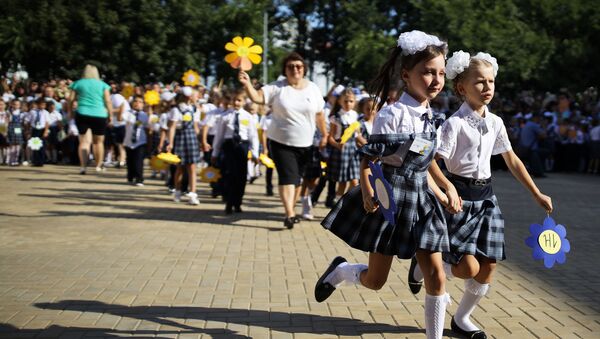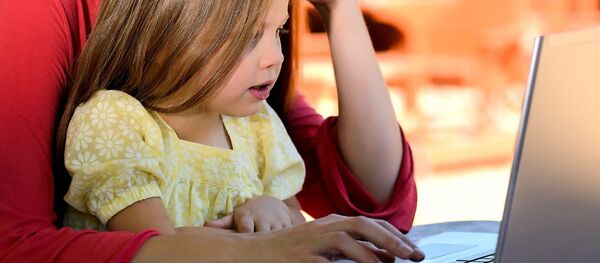According to the authors of the study, the system they have created helps to determine a child’s level of independence and build an individual assistance route that will ensure the development of life competencies, including for children with autism and other developmental disorders. This is what the university's press service said.
One of the priorities of modern psychology is the creation of such methods to diagnose the child’s level of social and life adaptation, which allow measuring in a natural context the child’s real ability to act independently, MSUPE researchers said.
According to the scientists, the life competency assessment system they have developed helps determine whether the child is able to consciously make decisions and act in accordance with them, or whether they need step-by-step support. The researchers point out that the method focuses on analysing behaviour at school, which is of great value both for science and for teaching practice.
“Any teacher can use our method to assess the development of the child’s life competencies. The method involves observing behaviour in typical school situations: in class and during breaks, in the canteen or locker room, on the street, and so on. This helps avoid distortions that occur if the child is placed in 'laboratory' conditions, for example, at a specialist appointment”, Elizaveta Davydova, associate professor at the Differential Psychology and Psychophysiology Department at MSUPE, said.
There’re 75 points to assess competencies. As the scientists explained, statistical data analysis allows determining the child’s level of organisation, the level of their behaviour’s compliance with environmental demand, as well as to analyse how personal features affect adaptation.
“There are specific individual problems behind the child’s typical school failures, poor grades or poor behaviour. There can be various reasons for a poor grade – a misunderstanding of the task, a reduced work speed, emotional discomfort or other factors, whose source should be established to provide competent assistance”, Elizaveta Davydova said.
Based on the results of a quantitative assessment of violations, the child’s individual profile is established, clarifying the causes of maladaptation.
In accordance with this, the optimal ways of assistance are determined, and, according to the researchers, the assessment's results can be used by various specialists, teachers, psychologists, and doctors.
When the school year starts, the research team wants to launch broader testing of the method, which, according to the authors of the study, has already been used at many schools and organisations throughout Russia and the CIS.
In the near future, the method will be available on the website of the Federal Resource Center for the Organisation of Comprehensive Support to Children with Autism Spectrum Disorders.




